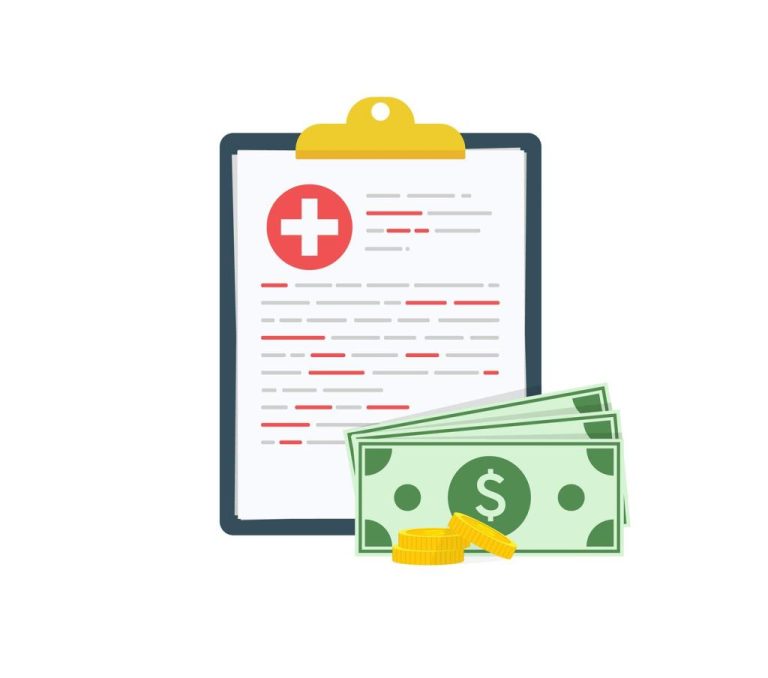
People have been urged to be vigilant as banking scams are rife with fraudsters using a range of methods to con people into handing over their cash.
Experts at EarthWeb have warned about some of the most prevalent scams which can result in “substantial financial losses” for victims.
Phishing attacks
These fake emails or text mesages are intended to dupe people into handing over personal or financial details.
Bogus messages purportedly from banks will urge recipients to verify their account details or take urgent action to prevent account closure or unauthorised activity.
ATM skimming
These devices are installed on ATMs to steal card information and PINs from those using the machine.
They can he hard to spot and can capture card data when a person is making a transaction.
Card cloning
Fraudsters use stolen card information to make counterfeit cards, which they use to make purchases or withdraw cash from an ATM.
Sadly, a victim may not realise their details have been stolen until the unauthorised transactions appear on their account statement.
Social engineering scams
Scammers use these tactics to get people to share sensitive information or to do things that compromise their security.
Examples include a fraudster impersonating bank representatives over the phone or email and convincing a person to send over their account details or transfer funds to fraudulent accounts.
Loan scams
These offer promises of quick loans with minimal requirements. Cybercriminals can create bogus websites or will send unsolicited emails promising low-interest loans or guaranteed approval.
But this is just a ruse for them to get people to hand over their financial details.
‘Vishing’ and number spoofing scams
‘Vishing’ involves cybercriminals posing as a bank worker or Government official to get a eprson to disclose sensitive details or transfer money.
Scammers can spoof an organisation’s genuine phone number to make the call appear legitimate.
Supplier scams
Supplier scams are targeted at businesses and individuals involved in purchasing goods or services.
Tactics include impersonating legitimate suppliers or creating fake invoices or contracts, to get people to transfer cash into fraudulent accounts.
How to avoid being scammed
Some key tips to avoid being taken in by these scams include:
- Never click on links or download attachments from unknown senders
- Inspect ATMs for any signs of tampering before using the machine
- When getting an unexpected phone call or email, verify the identity of the caller or sender before providing any sensitive information
- Remember that a legitimate bank would never ask you to disclose your full account number or password over the phone or email.
For the latest personal finance news, follow us on Twitter at @ExpressMoney_.






